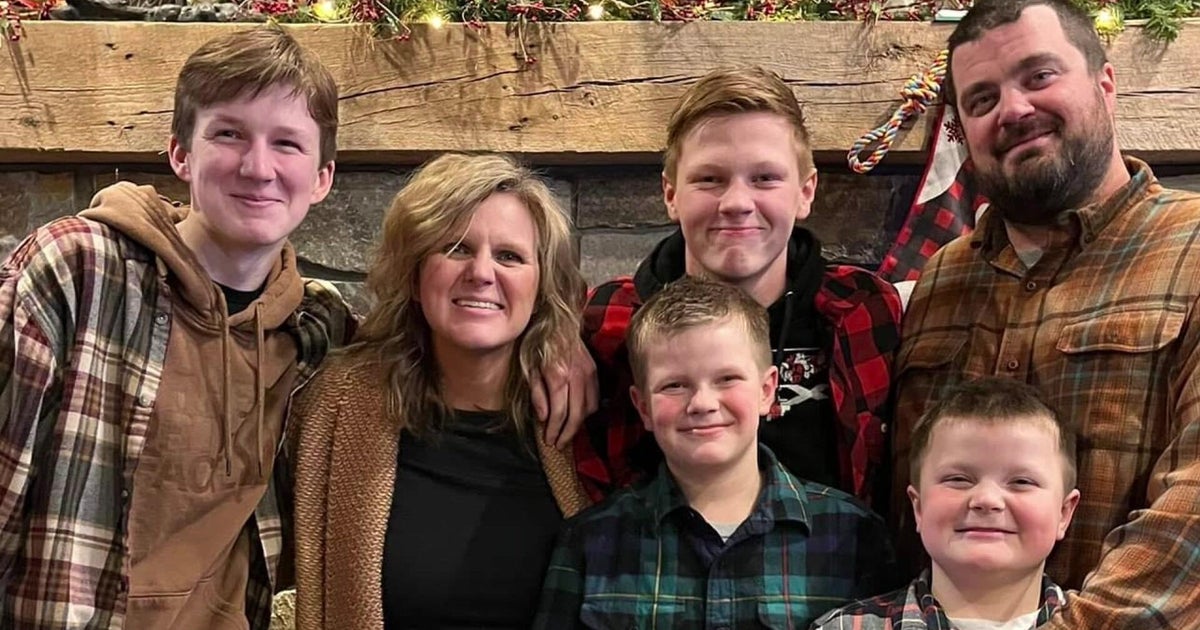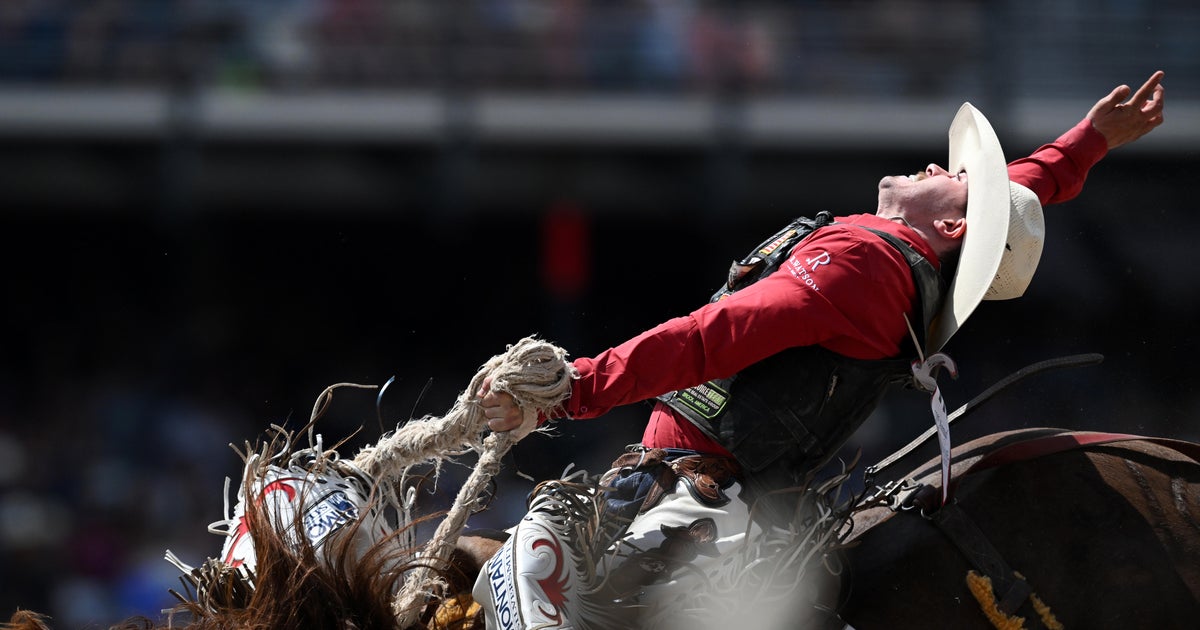Horse Virus Cases Showing Up In Upper Midwest
BISMARCK, N.D. (AP) — State officials in the Upper Midwest are cautioning horse owners about a virus that can cause breathing problems, abortions and nervous system disorder and spreads easily among the animals.
Three cases of equine herpesvirus have been documented this year in North Dakota and seven in Minnesota. Animal health officials in both states say the horses showed neurological symptoms such as difficulty walking and holding up their heads. The North Dakota horses are recovering, but three in Minnesota were euthanized.
South Dakota has not documented any cases of EHV, but the state's Animal Industry Board earlier this month issued a statement urging horse owners to consult with veterinarians about vaccinating against the virus that is spread through respiratory secretions. The virus does not affect humans or other animals.
"It was just put out as a precautionary reminder that it has been diagnosed in other areas of the country," South Dakota State Veterinarian Dustin Oedekoven said. "It's a concern for anyone who has horses and is traveling and co-mingling horses. The neuropathic strain has been a concern nationwide for several years at large events."
The American Quarter Horse Association has documented several U.S. cases and outbreaks in the past year. The association this month rescheduled shows and other events in Minnesota because of the outbreak in the Upper Midwest.
The University of Minnesota Equine Center said in late March that the outbreak likely started at one or more barrel-racing events. The Minnesota cases are in five counties in the southeastern quadrant of the state.
All three of the North Dakota cases were in Burleigh County, in the south central part of the state near South Dakota, with two on the same farm. Those two horses had not been off the farm for months, and the third had not been outside of the county recently, according to North Dakota Deputy State Veterinarian Beth Carlson. Officials do not know why there were three infections in such a short time period.
"It's hard to say — is it just that people are looking for it, or we're actually seeing more of it?" Carlson said. "What we're hearing from other states, they are seeing it more."
A horse that is infected with the virus carries it for its entire life, said Gerald Stokka, a veterinarian and associate professor of livestock stewardship at North Dakota State University.
"The herpes virus tries to hide itself in the animal, and sometimes under stress it will come out again, and will be able to be (passed) to other animals," he said. "Whether that's the case here or whether this is a new strain brought in by some other horses, I don't know necessarily whether we'll ever figure that out."
Carlson said the important thing is that horse owners guard against spreading the virus.
"It serves as a good reminder for people — talk to your veterinarian about whether vaccination can be helpful, practice biosecurity," she said. "If you're going to take your horses somewhere, minimize contact with other horses."
(© Copyright 2014 The Associated Press. All Rights Reserved. This material may not be published, broadcast, rewritten or redistributed.)







